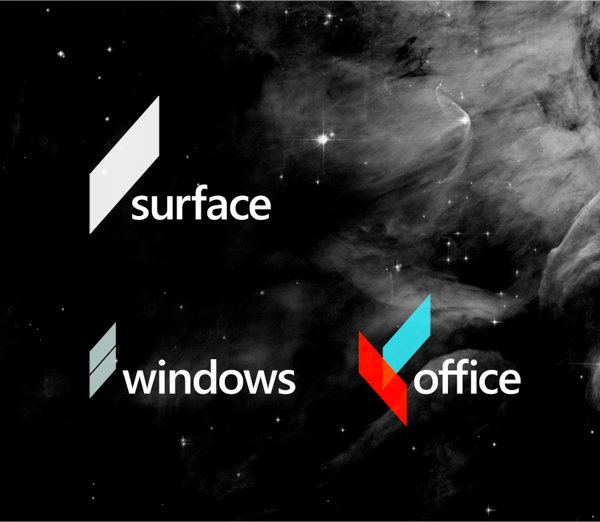“Mozilla has announced it’s ceasing development on Thunderbird; one more version will be released, and it’ll be security updates from then on. ‘Most Thunderbird users seem happy with the basic email feature set. In parallel, we have seen the rising popularity of Web-based forms of communications representing email alternatives to a desktop solution. Given this, focusing on stability for Thunderbird and driving innovation through other offerings seems a natural choice.'”
OSnews
Actually, although a bit sad for this “much dear friend”, this is good news!
I’ve been realizing that the most proclaimed and loved “quality” of open-source is simultaneously it’s worst enemy and the single major reason why, unfortunately, open-source software is usually not an option. I mean this referring solely at “end-user software”, not open-source libraries or small UNIX-style programs/packages.
The driving feature of open-source is it’s community passion and desire to program something new and exciting. Something that “scratches their itch”. So, as result open-source “new programs and projects” spring everywhere and for all things.
But a mature, robust software is not that very exciting. Simple bug correcting and security updates (the kind that Mozilla says that are the only ones they will be doing for thunderbird) is probably a PITA and dull as hell. I know i would probably hate it.
So, to keep developer momentum and joy, as soon as the program is mainly stable and stuff is just chugging along the way, some need comes along so that we just have to rewrite the entire stuff, or add a revolutionary new interface or just go in another completely absurd direction.
I’ve first experienced this when i changed to linux back in 2007/2008. Switched a lot, try a dozen distros and finally decided i was really comfortable with KDE. Highly polished, highly usable Graphic environment. I assume there was some fundamental need for something different/security/touch/sound/fireworks in the sky or diamonds on strawberry hills and “they” had to change do KDE4. which was utterly unusable back those days, and a complete departure from everything i liked about KDE3.
Switched to gnome after a lot of teeth grinding and adjusting, and when i was getting comfortable using and thought that a good “enterprise class” (stable, robust, simple and clean) product could probably be built on it, “they” had to build something different for security/usability/diamonds or the fireworks or whatever, and then came Gnome3 and/or Unity. And guess what, they’re still pretty much a mess…
I’ve been realizing that of all the open-source software that i use, eventually they all either die in “abandonment” when they are in the “good-enough”/robust phase and all that’s left is some boring maintenance and some loooooong development cycles; or they all got sent back to square one for a complete, utterly unusable, refit/redraw of the whole thing. There’s some exceptions off course but on the whole that ‘s been my general experience.
So unfortunately, i’ve been unconsciously changing (i’ve realized later) to paid software (or backed by some big corporation/foundation) because it allows me my “found something that does what i want, how i want, then i don’t ever change it and just keep using it as i want” behaviour. Which is also the behaviour of most people out there.
I don’t see how this can be fixed in a voluntary driven environment, so i’m kind of pleased that mozilla decided to took this step. The truth is that Thunderbird is already good enough for most, so instead of killing it by abandonment or just dropping the whole thing and starting over, they are just slowly keeping it updated and working for us folks that just want use it and never thinking about it.
I would love that it had some new features though (as a more Mac OS integration or a slightly simpler and slightly cleaner interface) but on the whole the entire thing is pretty much everything you could expect from a multi-platform, free mail client and it’s hard to find a reason to complain strongly about it.
So thanks Mozilla! And may Thundebird keep working along, silently and efficiently for a long, long time!


